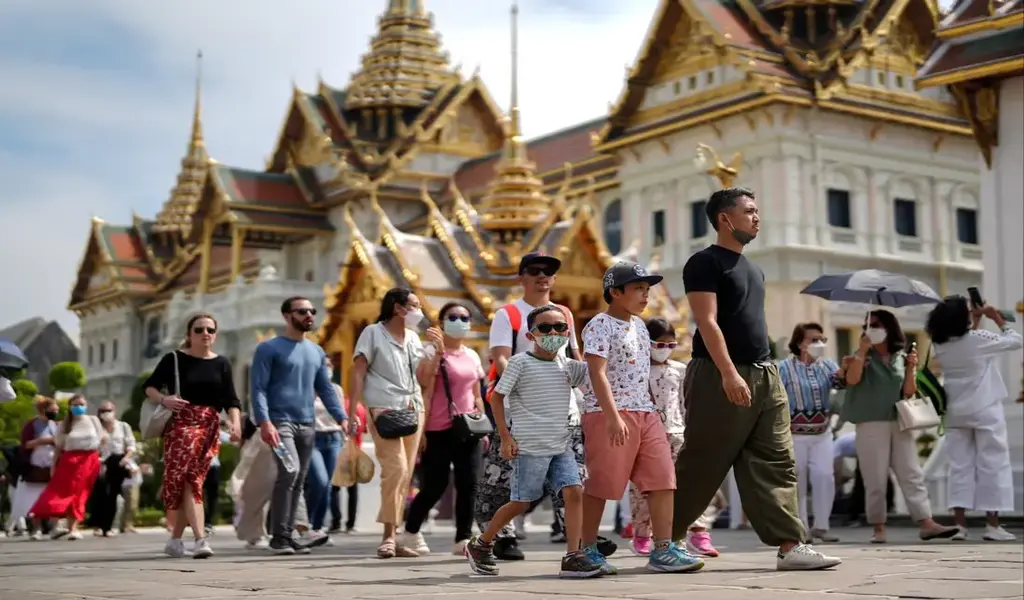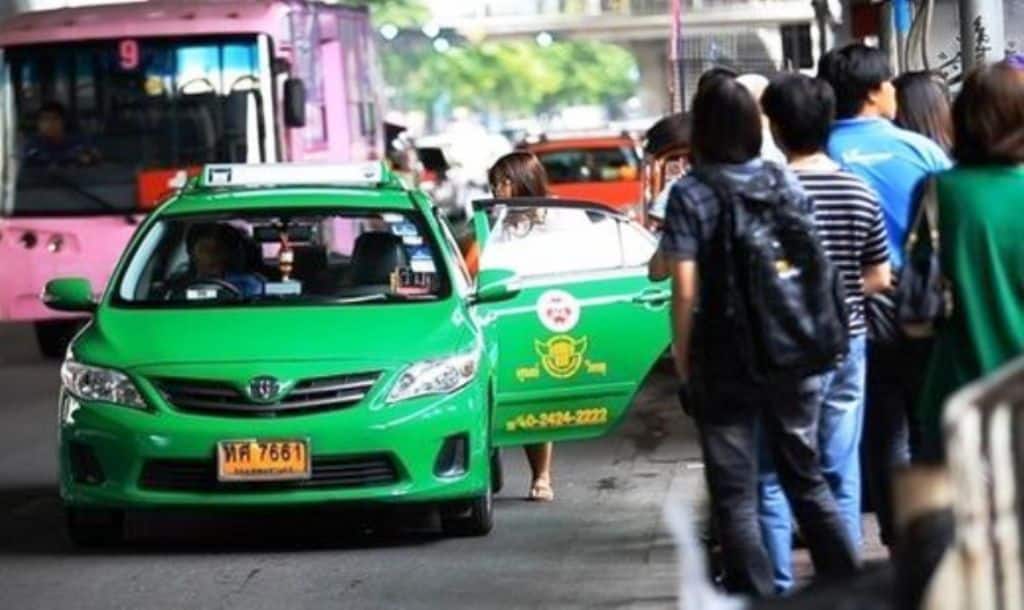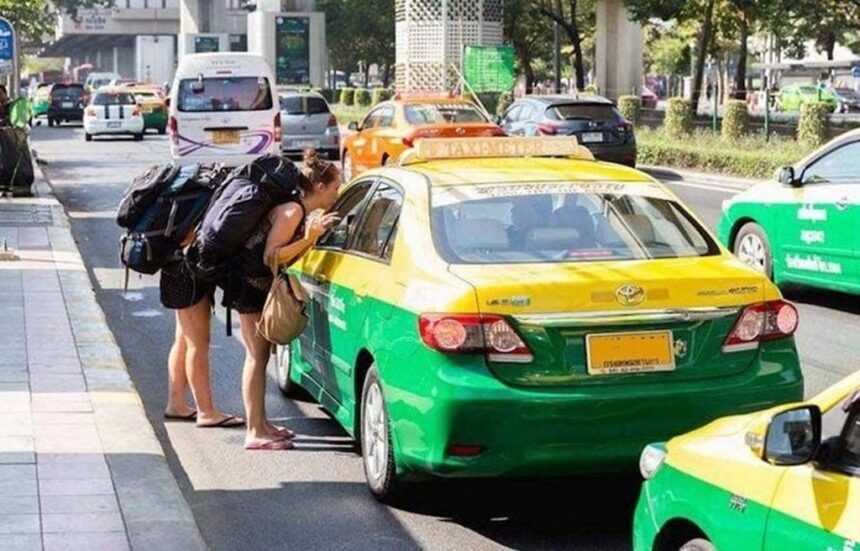BANGKOK – The lively capital of Thailand has long been a top travel spot thanks to its unique culture, lively street markets, and affordable comforts. Yet, a recent report by Mastercard identified Bangkok as one of the world’s top four cities for tourist scams, with 48% of cases involving taxis or rental cars.
This finding highlights a problem that threatens Thailand’s tourism sector, which plays a key role in the country’s economy. Many visitors, especially from important markets like China, have started looking at other destinations.
Tourism forms a large part of Thailand’s financial health. In 2018, the country brought in over 2 trillion baht ($61 billion) from tourism before the pandemic halted global travel. By 2023, earnings dropped to 1.67 trillion baht ($51.2 billion), showing a slow bounce back that some blame on trust issues.
The Mastercard report points out that common scams involve taxi drivers not using meters, overcharging, or steering passengers to shops where they earn extra money. Such scams have hurt Thailand’s reputation, especially with Chinese travellers, who were once the country’s most valuable visitors. Many are now choosing places like Vietnam, which gets praised for safer and more reliable services.

The financial effects are clear. Tourism brings in about 12-15% of Thailand’s total economy, with Bangkok, Phuket, and Pattaya as main entry points. In early 2025, international arrivals dropped by 1.04%, reaching nearly 13 million. This decline worries many, as the industry is still trying to recover from the pandemic’s impact.
Adith Chairattananon, Secretary-General of the Association of Thai Travel Agents, shared in a recent interview that taxi scams have been a problem for years, made worse by weak law enforcement. He explained that honest drivers find it hard to compete, while those who cheat rarely face penalties, leading to long-term harm for the economy.
Major outlets like CNBC and The Straits Times have reported on the Mastercard findings, which also show that fraud in travel services is four times higher than in other sectors.

In Bangkok, scams tied to taxis and rental cars make up 48% of all tourist fraud cases, often involving overcharging or not delivering promised services. This is much higher than in cities like Hong Kong or Barcelona, where such scams are around 2%.
The report also notes that scams rise by 18% in summer and 28% in the winter peak, taking advantage of the high numbers of visitors. Investors and government officials are starting to respond.
Tourism supports many other businesses, such as hotels, shops, and property. When travellers lose trust, these industries also suffer. Social media, especially in Chinese-speaking areas like Hong Kong, Taiwan, and Malaysia, has spread reports of taxi scams, further harming Thailand’s image.
This negative publicity has pushed more tourists to use ride-hailing apps like Grab, which offer clear pricing and hold drivers responsible, even though they often cost more. Industry experts want stricter rules and better enforcement to win back trust.
Suggested actions include tougher punishments for taxi drivers who break the rules and more campaigns to teach visitors how to avoid scams, such as asking drivers to use meters or paying with secure digital methods like Apple Pay or credit cards with strong fraud protection.
With tourism income still below where it stood before COVID-19, Thailand’s government needs to address taxi scams head-on. This issue goes beyond consumer rights and relates directly to the country’s economic well-being. Ignoring the problem could cause more travellers to choose other places over Thailand.
If the country wants to keep its place as a top travel destination, it must rebuild trust through real changes in the system. Only then can Thailand protect its tourism industry and secure its future growth.














